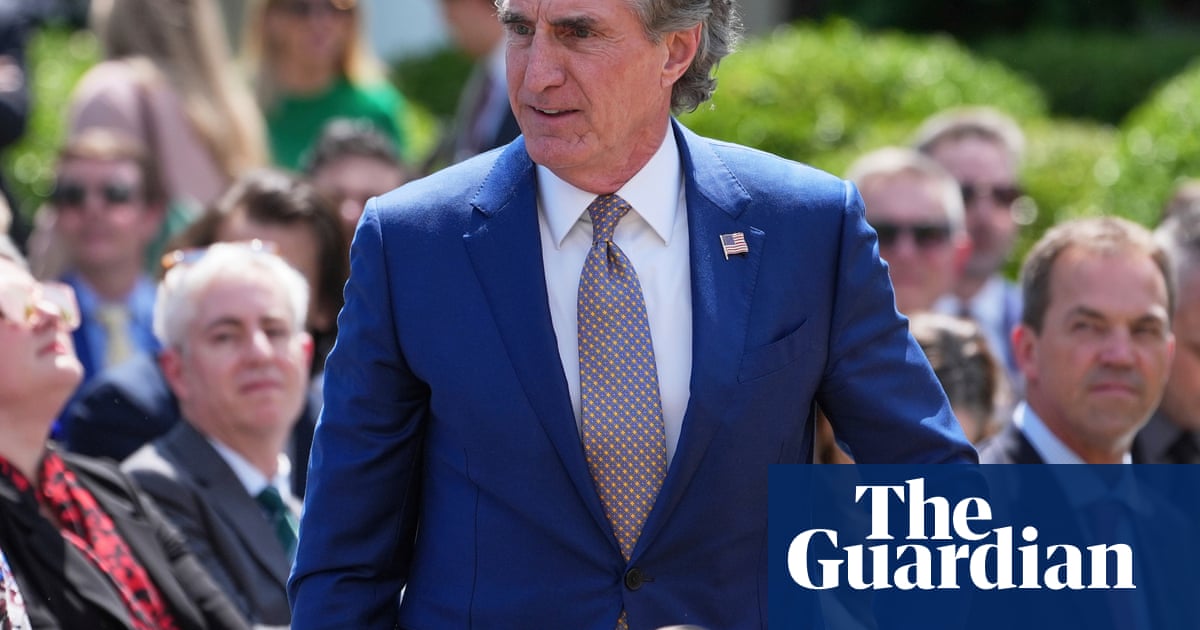The US has “plenty of time” to solve theclimate crisis,” the interior secretary, Doug Burgum, told a House committee on Tuesday.
The comment came on his first of two days of testimony to House and Senate appropriators in which he defendedDonald Trump’s proposed budget, dubbed the “one big, beautiful bill”, that would extend tax reductions enacted during Trump’s first term, while cutting $5bn of funding for the Department of the Interior.
In addition to slashing spending onnational parks, historic preservation, and other key interior department programming, the budget proposal would cancels billions of dollars in infrastructure investments, environmental programs and research grants. It would also gut funding for renewable energy, including by rolling back clean tax credits from Joe Biden’s Inflation Reduction Act.
Maine representative Chellie Marie Pingree, the ranking member of the House appropriations committee, said this would amount to “effectively gutting this critical this critical sector”.“This disregards the climate change concerns that we have,” she told Burgum at Tuesday’s hearing.
Scientists have long warned that world leaders must urgently phase out fossil fuels and boost green technology to avert the worse possible consequences of the climate crisis. But Burgum said that is not the threat theTrump administrationis worried about.“The existential threats that this administrations is focusing on are: Iran cannot get a nuclear weapon, and we can’t lose the AI arms race to China,” he said. “That’s the number one and number two. If we solve those two things, then we will have plenty of time to solve any issues related to potential temperature change.”
Despite Burgum’s reference to “potential” warming, there is scientific consensus that the climate crisis is already reshaping global weather patterns and ecosystems, increasing the severity and frequency of extreme weather events, and costing the USbillions of dollars a year.
During Trump’s first four months in office, the interior department has already seen massive cuts to staff, including the firing of 2,300 probationary employees and the resignation of 2,700 workers who accepted buyout packages.
“How you can sit there and hold somebody’s feet to the fire when there’s a whole bunch of empty desks,” asked Republican representative Mark Amodei of Nevada.
Representative Pingree said she was “disappointed” by the changes to the agency.
“In just four months, the department has been destabilized, and there’s been a stunning decline in its ability to meet its mission,” she told Burgum.
Burgum’s firing-happy approach to leading the interior department, as well as hisfossil fuel boosterism, have sparked outrage among activists in Washington DC. Ahead of his Tuesday testimony, consumer advocacy group Public Citizen unveiled anew videocriticizing Burgum’s efforts to sell off public lands to the oil, gas, and mining industries, which is being played on a mobile billboard circulating outside the Capitol.
“Americans want clean air, access to nature, and a future where public lands stay public,” Alan Zibel, a research director with Public Citizen, said. Instead, they’re getting a secretary more interested in pleasing Big Oil than protecting our shared resources.”
